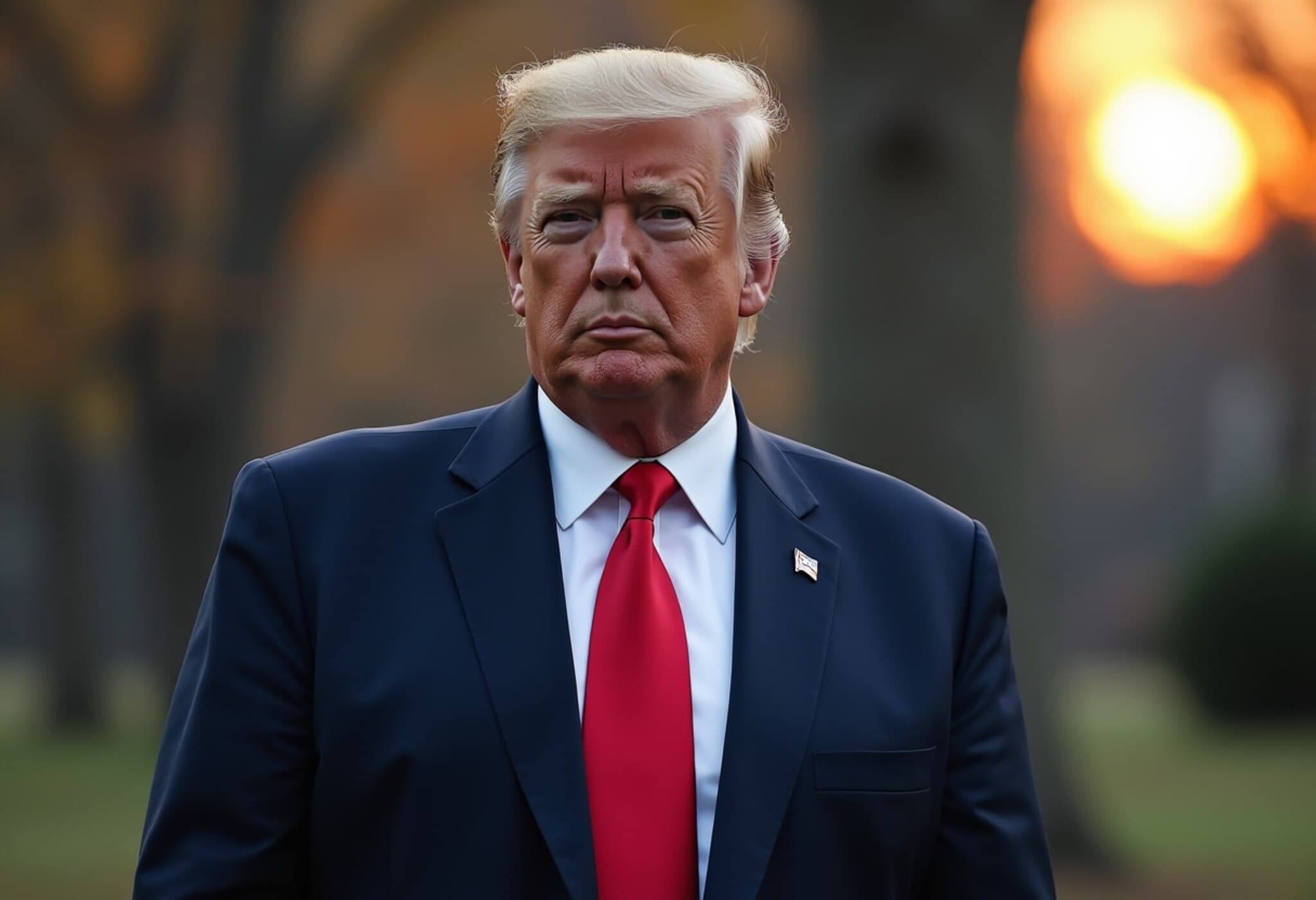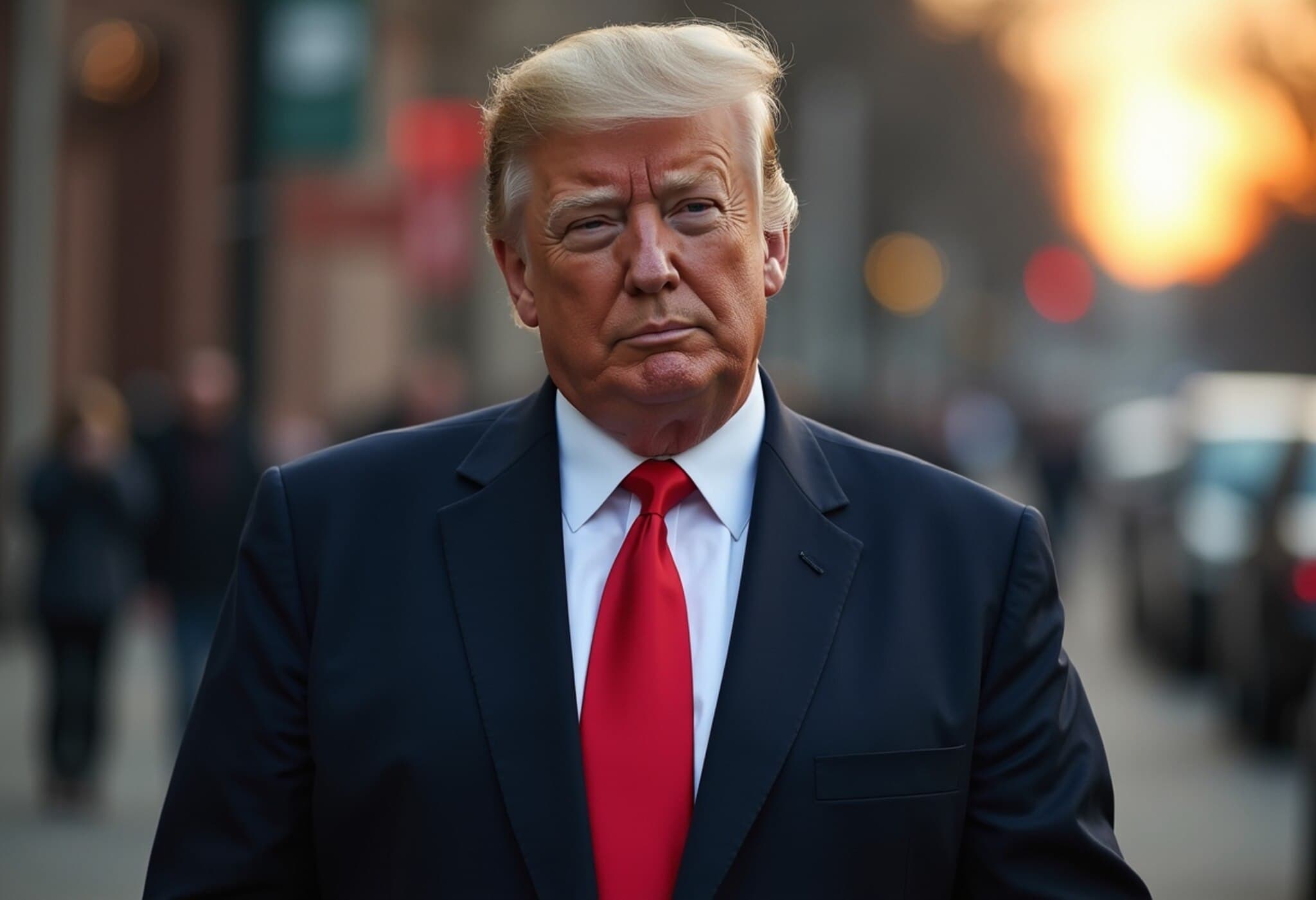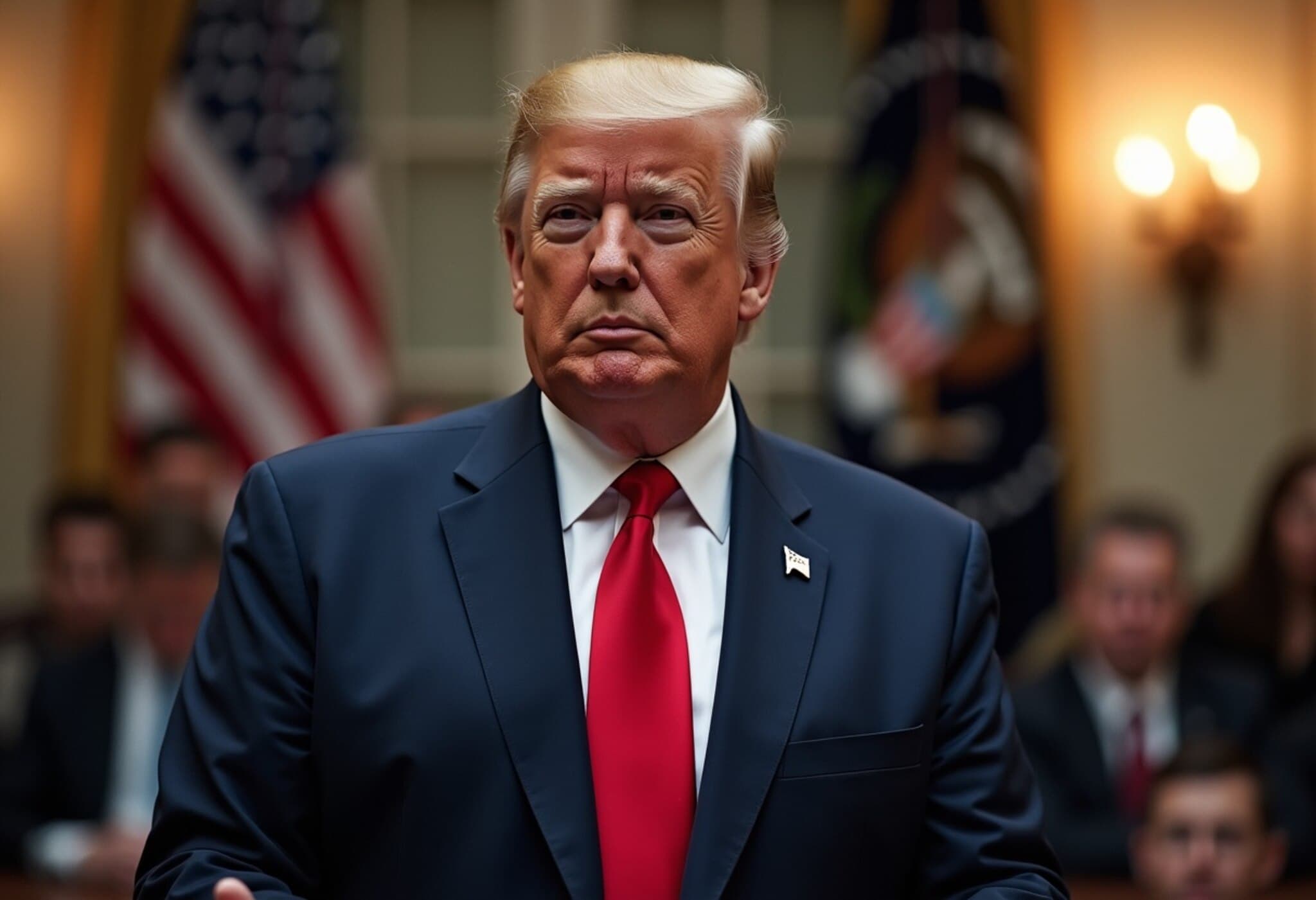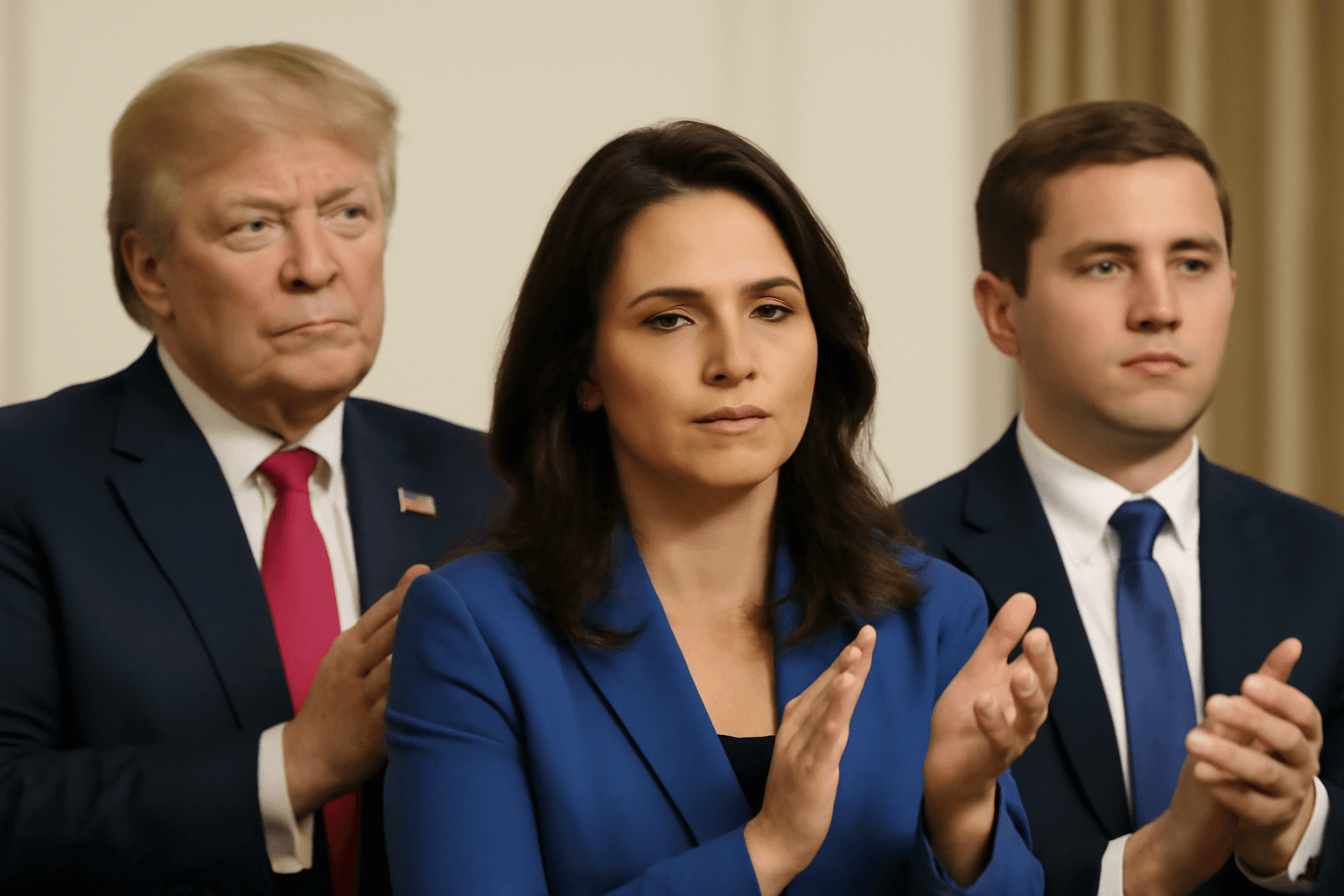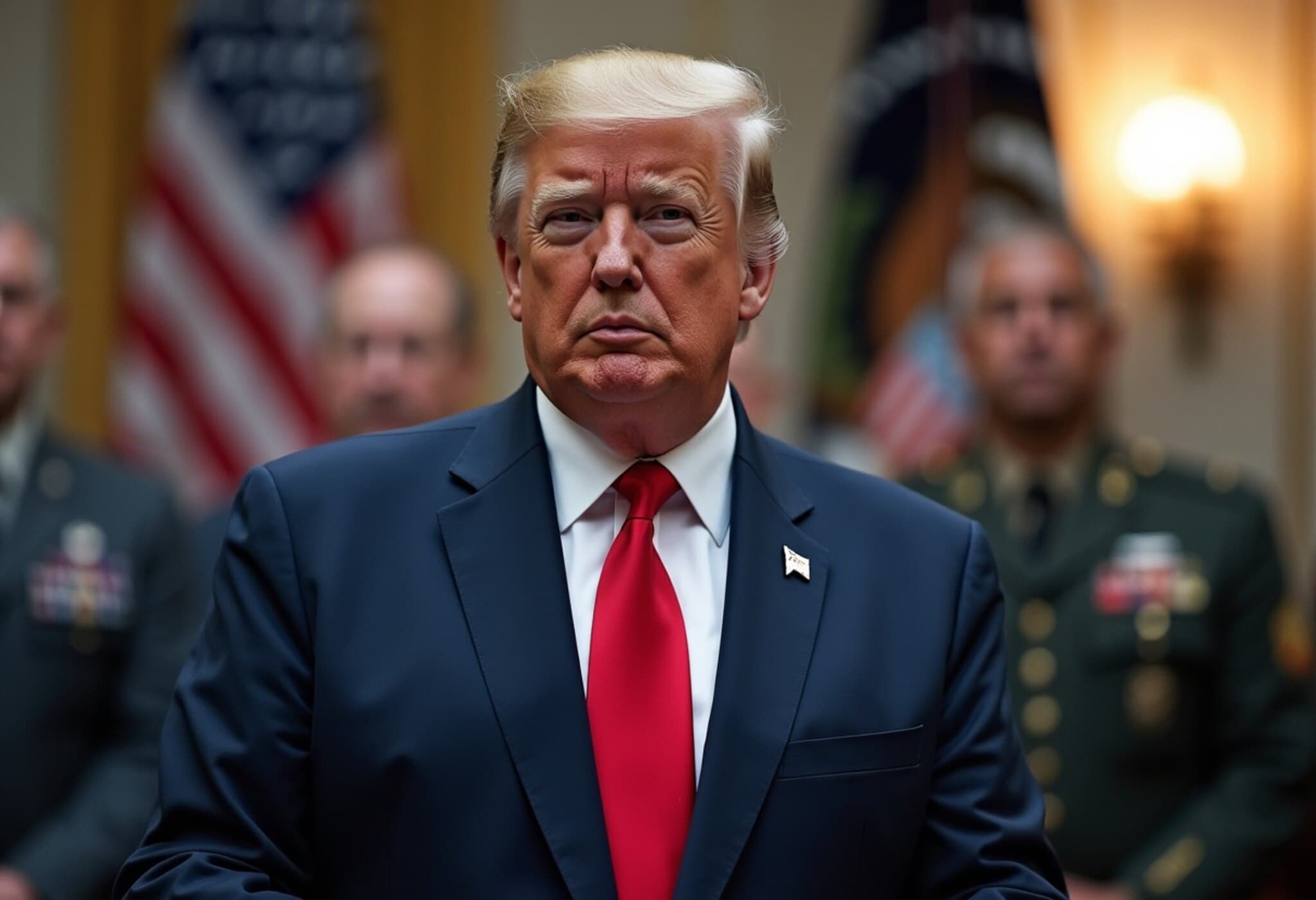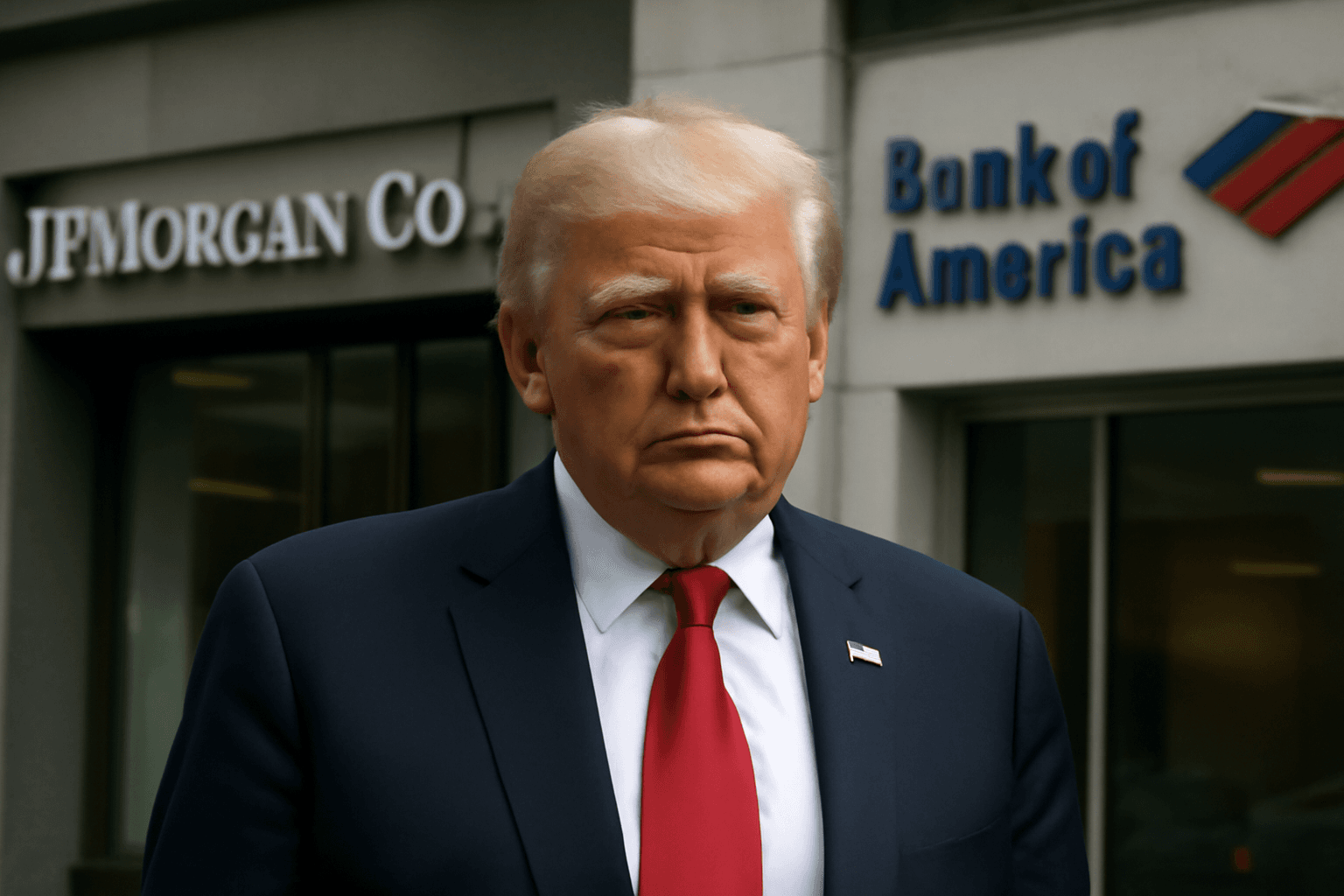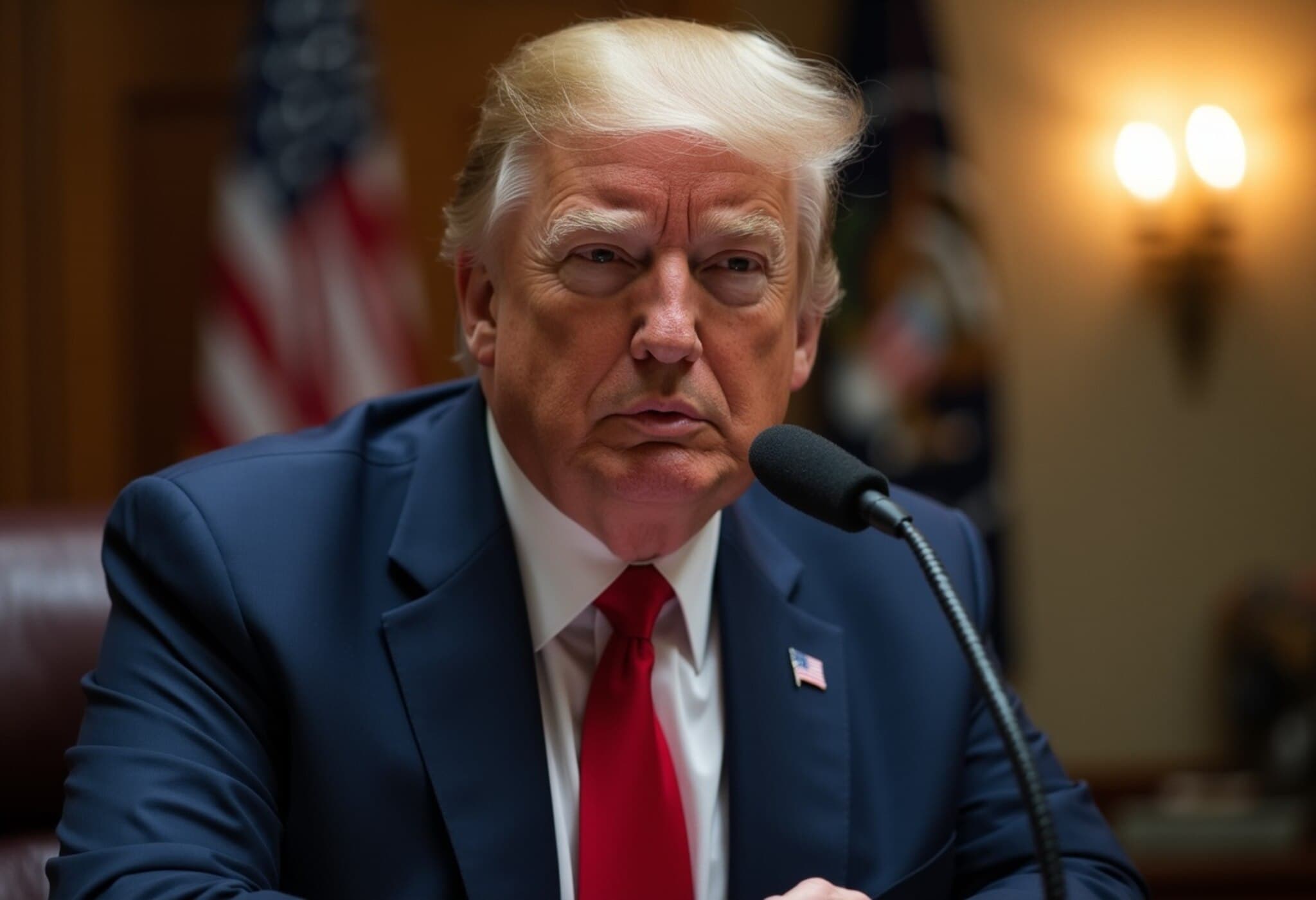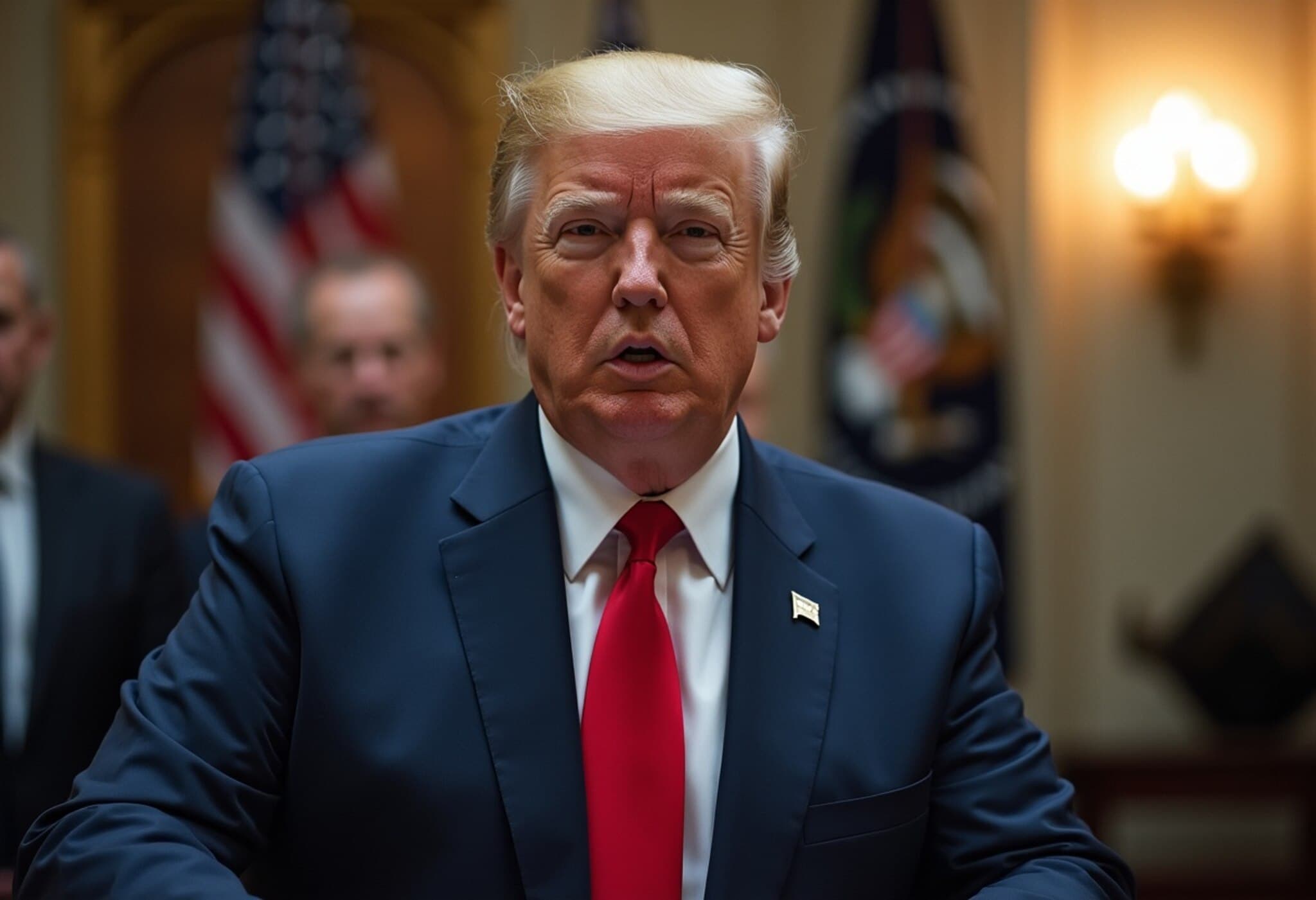Trump’s Approval Ratings Plummet to New Low in Second Term
As the United States teeters on the edge of another politically turbulent period, President Donald Trump’s approval rating has sunk to a disquieting low of 37%, marking the lowest point of his second term so far. This figure is alarmingly close to the 34% approval rating he endured near the close of his first presidency, reminding many of the divisive times that led to the Capitol unrest in January 2021.
Current Context: Immigration Policies and Epstein Backlash
Several high-profile issues have converged to weigh heavily on the president's public support. A stringent immigration crackdown, one of Trump’s signature campaign promises during his second term, has sparked widespread protests and a vocal backlash across the country. Simultaneously, renewed controversy surrounding leaked 'Epstein files' has stoked further public unease and criticism.
These contentious policies and revelations are fracturing support across the political spectrum, particularly among independent voters who have traditionally functioned as a critical swing group in national elections.
Independent Voters Driving the Decline
According to a recent Gallup survey, Trump's approval among independents has plummeted by 17 percentage points, representing the steepest decline seen in either term of his presidency. This erosion signals a growing skepticism among voters who once appeared more receptive or undecided about his leadership.
Broader Policy Approval Trends: What’s Falling and What’s Holding Up?
The decline in overall approval is not isolated. Trump’s handling of the federal budget has seen a dramatic drop of 14 percentage points in public approval, while support for immigration policies has decreased by 8 percentage points. This suggests a broad-based dissatisfaction with domestic policy directions.
Interestingly, Trump continues to receive relatively higher marks for his handling of foreign affairs, particularly regarding the tensions with Iran, where he holds a modest approval rating of 42%, and for overall foreign policy at 41%. These figures reveal a nuanced public perspective where foreign policy competence may not be enough to offset growing domestic discontent.
Expert Insights: The Political and Economic Implications
From a policy analyst’s viewpoint, these numbers reflect a critical juncture for the Trump administration. The immigration crackdown, while intended to consolidate core support, appears to alienate key voter segments essential in a divided electorate. Moreover, the fallout over the Epstein files adds a layer of ethical concerns that resonate deeply in an era demanding transparency and accountability.
Economically, uncertainty stemming from intensifying domestic turmoil could slow legislative progress on budgetary priorities, impacting market confidence and federal spending strategies. Politically, sustained low approval ratings risk weakening the president’s leverage in Congress and emboldening opposition parties ahead of upcoming elections.
Looking Ahead: Key Questions for America's Political Future
- Can President Trump recalibrate his policy agenda to win back skeptical independents and moderates?
- How will the ongoing controversies shape the upcoming midterm elections and longer-term political alliances?
- What role will foreign affairs play in balancing domestic dissatisfaction?
The unfolding scenario underscores the complexity of governing a polarized nation, where public opinion can shift rapidly amid crises and controversy.
Editor's Note
President Trump’s dipping approval ratings underscore the fragile nature of his political capital during a period marked by contentious immigration policies and emerging scandals. As independents withdraw support and domestic issues take center stage, the administration faces mounting pressure to adapt its strategies if it hopes to sustain momentum. Observers will be watching closely how these dynamics influence both the national discourse and the shape of American democracy going forward.

